Vermont cops release sketch of ‘person of interest’ as they hunt for killer who shot dead retired university dean Honoree Fleming on trail
Police have released a sketch of a “person of interest” in connection with the slaying of a retired university dean who was found dead on a Vermont trail after being shot in the head.
The body of Honoree Fleming, 77, was found in Castleton, about a mile south of Vermont State University, where she used to serve as dean.
Vermont State Police confirmed the shooting was a homicide, but could not confirm whether the surrounding community of nearly 4,500 was also at risk.
On Wednesday, officers released a composite sketch of a “person of interest” seen on the trail when Fleming was shot.
The sketch depicts a clean-shaven man with short, spiky hair and pale eyes.
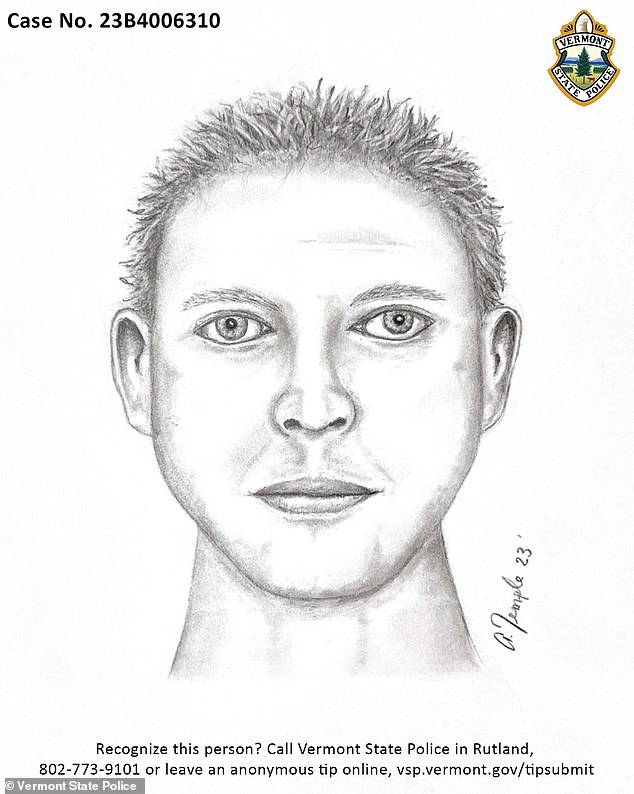
Vermont State Police released a sketch of a ‘person of interest’ with a clean-shaven face and short, spiky hair seen on the trail around the time of the murder
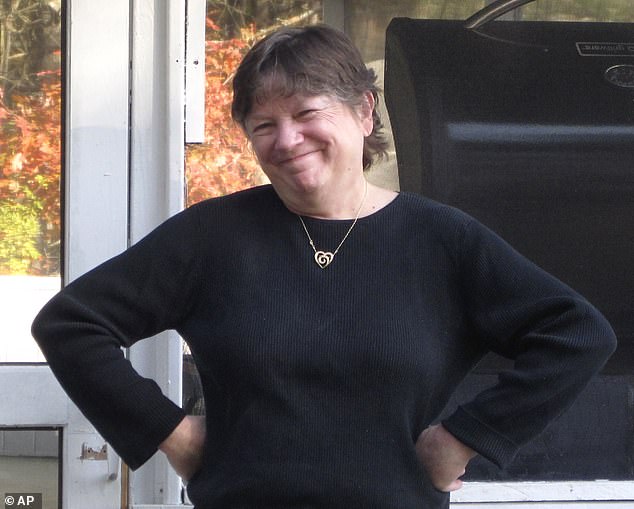
Honoree Fleming, 77, was an accomplished researcher with a long career in academia, teaching at four schools and even serving as the dean at Vermont State University.
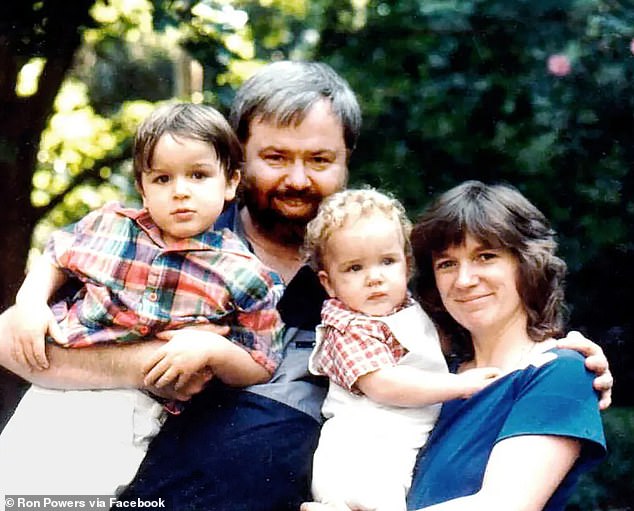
Fleming and her husband, Ron Powers, 81, settled in Vermont with their two sons before she began her decades-long career in academia
Detectives also interviewed people who live near the Delaware & Hudson Rail Trail or were in the area between 3:00 and 5:00 p.m. Thursday.
One witness reported seeing a man walking north on the trail to campus after gunshots rang out.
He was described as a 5’10” man with short red hair, wearing a dark gray T-shirt and a black backpack.
Fleming was killed days before what would have been her 45th wedding anniversary with Pulitzer Prize-winning journalist Ron Powers, 81.
On Facebook, Powers revealed how the first people who came across Honoree’s body were a middle-aged man and woman.
“The woman ran for help,” he wrote. ‘The man stayed with Honoree. She was obviously dead, but he stayed with her anyway. He knelt beside her and, I understand, tried to communicate to her that she was not alone.’
He promised to meet the couple with his son Dean and ‘say our thanks’.
Powers is a decorated author whose 2000 book Flags of Our Father was adapted into a movie produced by Steven Spielberg and directed by Clint Eastwood.
He also won a Pulitzer for his writing in 1973, becoming the first television critic to do so. This was followed by an Emmy in 1985.
Fleming was equally capable—and, as Powers pointed out in the wake of her death, a frequent victim of sexism throughout her career.
He appealed to members of the media to stop describing her as ‘the wife of Pulitzer Prize winner Ron Powers’, writing: ‘It adds to my torment.’
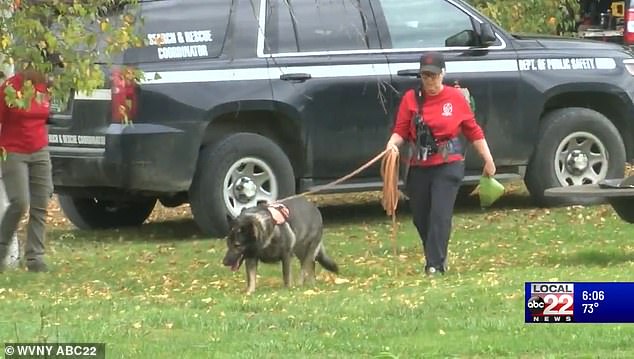
Honoree’s body was discovered on a railway about a kilometer south of the university campus. Police combed the area and interviewed witnesses – who described seeing a 5’10” man with red hair on his way to campus
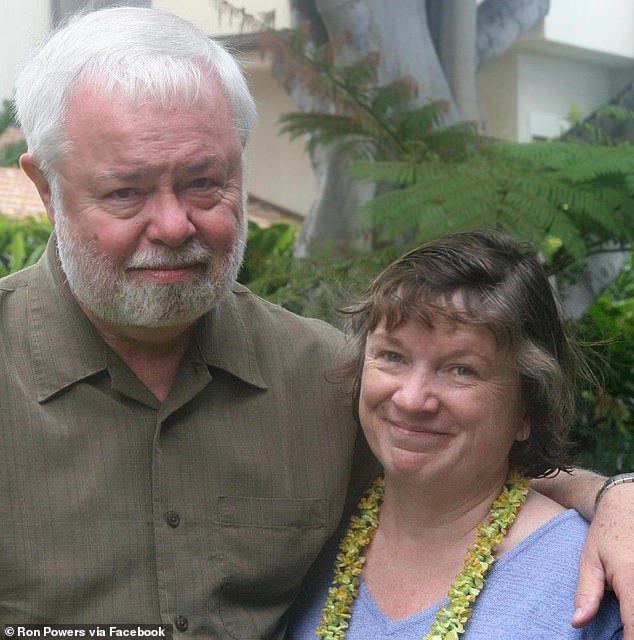
Powers is a successful journalist and nonfiction writer who has received both a Pulitzer Prize and an Emmy Award — but he demands that others recognize the accomplishments of his late wife
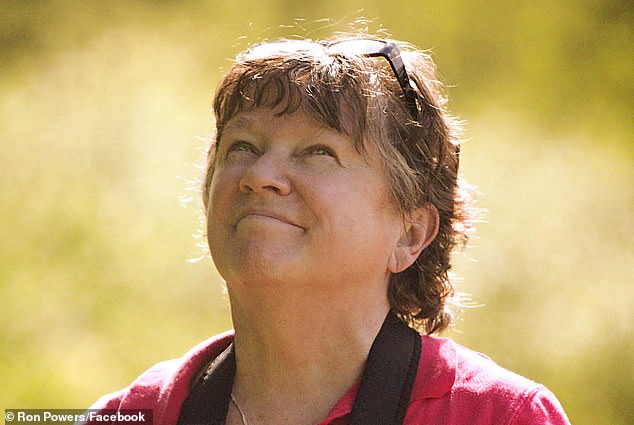
Fleming fought sexism throughout her career, Powers said, describing her as a “visionary” who was denied tenure at Middlebury College after seven years of teaching
Before arriving at Vermont State University, Fleming was a faculty member at the now-defunct Trinity College in Burlington, Vermont; Middlebury College; and the Icahn School of Medicine at Mount Sinai.
In addition to her role as a dean and professor, Fleming was a passionate scientist who wrote many papers.
Her 40-year investigation of cell growth and movement had implications for understanding the way cancer cells divide.
Every paper she submitted to peer-reviewed journals was published, according to her husband.
“Honoree was a consummate and visionary ‘lady scientist’ in a world that still does not recognize the value and achievements of lady scientists,” he wrote.
“Years ago, Honoree was rejected for tenure at the exalted Middlebury College after seven years of brilliant teaching that earned her the loving respect of her students.”
Powers recalls the time he spent “organizing her cell photos and lab notes into papers” after he retired.
She “compiled and completed her decades-long cycle of laboratory investigations at our kitchen table,” he wrote, recalling an image of his wife “in her red bathrobe … typing away.”
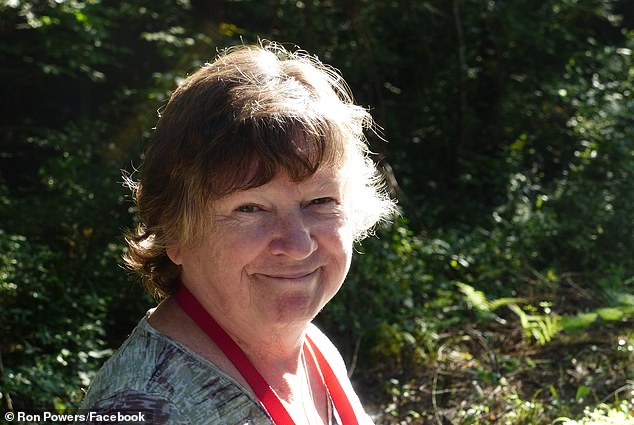
Powers fondly recalled his wife’s dedication to her scientific craft, even completing lab work at the kitchen table in their Carleton home.
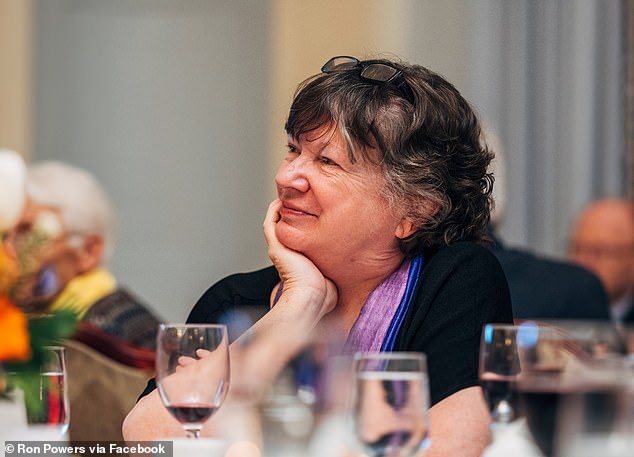
Fleming’s 40 years of bio research supports the theory of amitosis in cancer cells and has important implications for our understanding of how cells divide
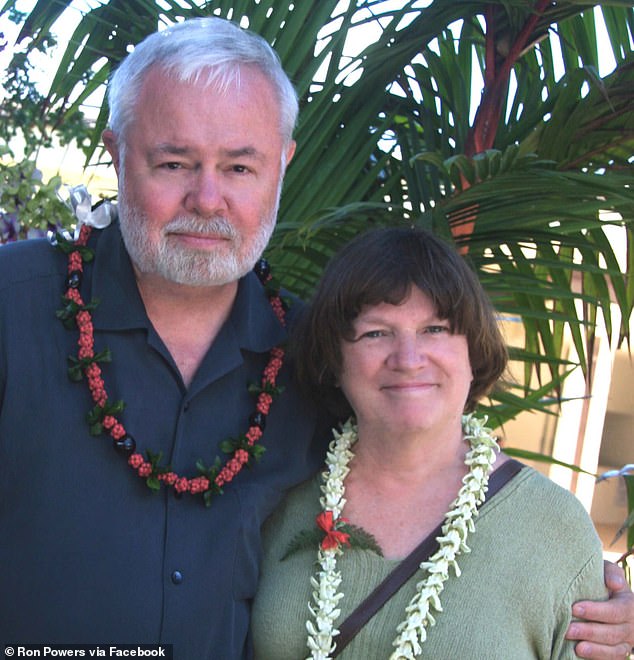
Powers and Fleming met on a flight in 1976. They later married and had children – but both sons were diagnosed with schizophrenia, and their youngest died by suicide in 2005
Fleming grew up in New York. She was the youngest of four children.
Her mother came from a poor family in Ireland and her father died of alcoholism, according to Powers’ book No One Cares About Crazy People: The Chaos and Heartbreak of Mental Health in America.
Fleming and her brothers were able to overcome the odds and earn degrees in higher education.
In 1975, Fleming earned a doctorate in biophysics from the University of Chicago.
A year later, she met Powers on a flight from New York to Chicago. The couple married and had two sons, and later moved to Vermont, where Fleming began her career in academia.
In 2005, their younger son, Kevin, died by suicide in their home after battling schizophrenia for three years.
Their surviving son, Dean, has also been diagnosed with schizophrenia and is undergoing treatment.
He posted a tribute to his mother on Tuesday, attributing his ‘strong moral compass’ to ‘her actions and genetics’.
“I loved hearing mom laugh,” he wrote. “She emotionally wore the cares of the world on her sleeve and grieved over tragic headlines, so it was so nice to hear her laugh with pure joy at dad or Stephen Colbert.”
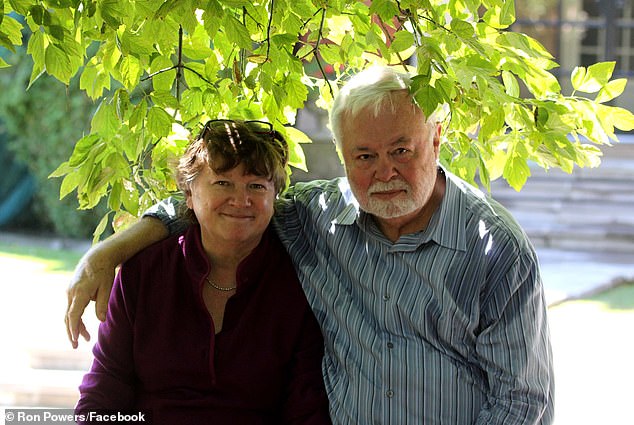
Fleming’s grieving husband asked media outlets not to describe Fleming as “the wife of Pulitzer Prize winner Ron Powers,” as it belittled her significant achievements in academia.
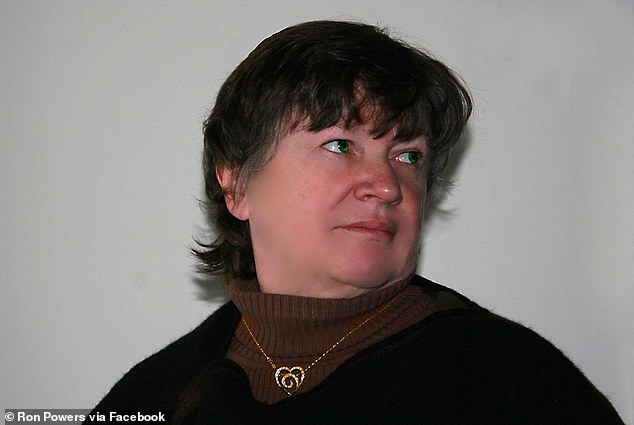
The couple’s surviving son, Dean, fondly recalled hearing his mother laugh and described her as someone who ‘wore the cares of the world on her sleeve’
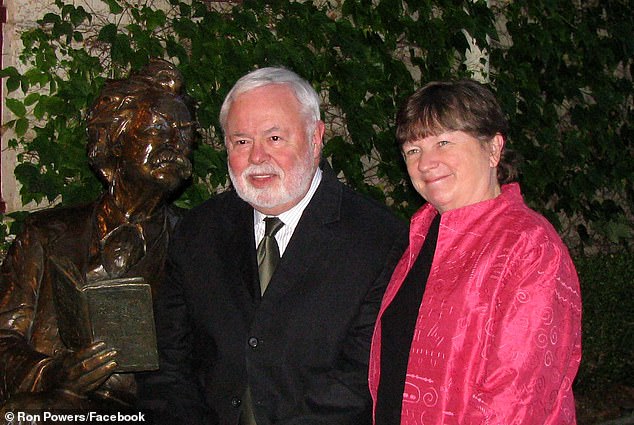
In a moving message posted on Facebook, Powers wrote of his late wife: ‘She took far more than half of my own heart and soul with her.’
Fleming’s death also shook the community at large.
On October 6, Vermont State University released a statement that read: ‘Numerous students have benefited from Dr. Fleming’s teachings and research.
“This is an incredible tragedy for the Castleton campus and for all of Vermont State University. Honoree will be deeply missed.’
Powers dedicated several long messages to his late wife on Facebook.
“Those of you who knew her know that she was beautifully named,” he wrote.
‘I have never known a better heart and soul than hers. She took far more than half of my own heart and soul with her.’
